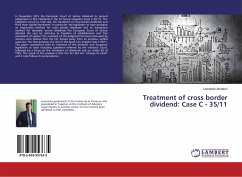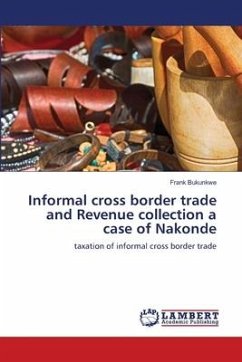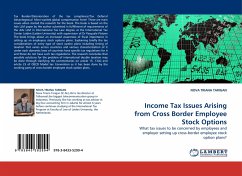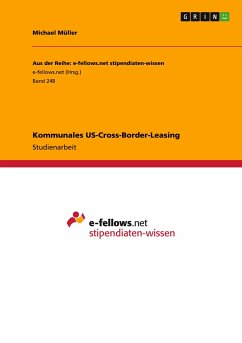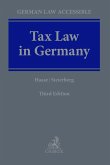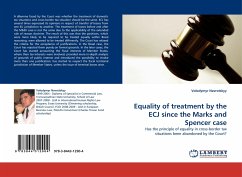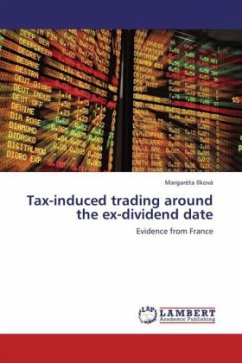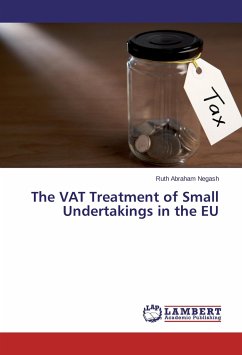In November 2012 the European Court of Justice delivered its second judgement in Test Claimants in the FII Group Litigation (Case C-35/11). The judgment concerns, inter alia, the treatment of cross border dividends and third state capital movement. In particular, the legislation at issue provided an imputation method for cross border dividends and an exemption method for domestic source dividends. The European Court of Justice decided the case by referring to freedom of establishment and free movement of capital. The outcome of the judgment has been discussed by scholars who believe that the ECJ moved away from its previous settled cases law. For that purpose, the aim of this book is to analyse Case C-35/11. This paper commences with an overview of the domestic and European legislation at issue including questions referred by the national Court, followed by a focus on the treatment of dividends and on article 63 of TFEU. The result of this analysis is that the ECJ did not "changeits mind" and it only follows its jurisprudence.
Bitte wählen Sie Ihr Anliegen aus.
Rechnungen
Retourenschein anfordern
Bestellstatus
Storno

